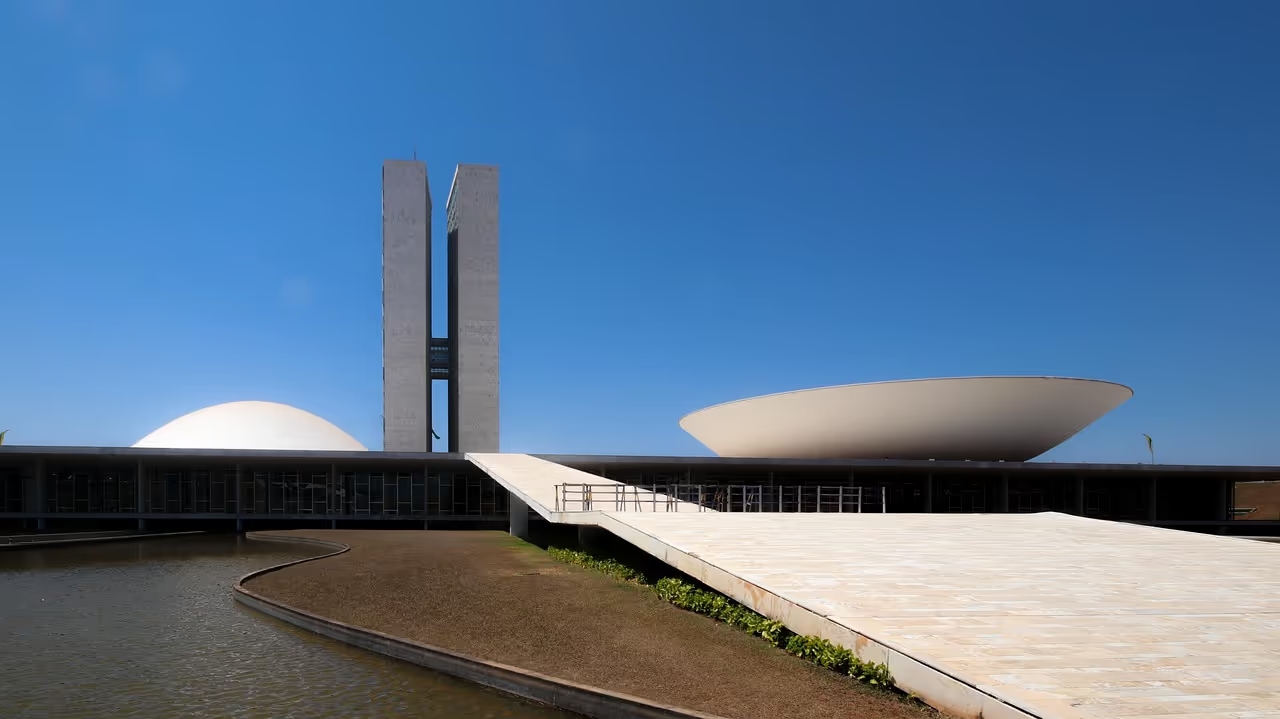About The City of Campinas and the IMA (Computing Municipalities Associates)
Situated in the interior of the state of São Paulo, Campinas holds the 10th position in Brazilian GDP ranking. With a population of approximately 1.13 million inhabitants, according to the 2022 IBGE census, it stands as the 14th most populous city in Brazil, renowned for its quality of life and well-developed infrastructure. Simultaneously, IMA plays a pivotal role in the city's overall digital modernization.
As a partner to the municipality, IMA significantly contributes to making public services more intelligent and accessible. This collaboration underscores a mutual commitment to technological advancement and the delivery of innovative solutions aimed at enhancing the municipal experience across various sectors.
Challenge: optimizing operations to address backlogged inquiries
In Campinas, the widely utilized 156 service-line for accessing municipal services faces a substantial demand of 30,000 calls per month, roughly 1,300 a day (as phone service is not available on weekends). Of these calls, approximately 10% went unanswered due to such a high operational demand. Residents rely on this channel for various requests, including the unified registry, public lighting, and animal spaying and neutering, among others. This ultimately underscores the importance of efficiently managing these inquiries to ensure the smooth functioning of the city and the satisfaction of its residents.
Solution: An efficient and accessible 24/7 service channel
In partnership with Rocket.Chat and IMA, the City of Campinas has introduced the "WhatsApp for 156" service – a new, faster, and more efficient way to access municipal services.
For context, it's worth noting that WhatsApp is the most popular communication tool in Brazil, boasting a 97% penetration rate among smartphone users (Mobile Time, 2023). Another study by the Inter-American Development Bank (IDB), involving 13,200 individuals, revealed that 60% of Brazilians prefer public service assistance through websites, apps, or text messages.
In this scenario, the use of personal messaging apps brings convenience to public service interactions but it also poses real risks to information security as, on their own, they are not a sufficient option for the public sector. This is where Rocket.Chat plays a crucial role. While the public can reach the helpline through WhatsApp, integration with Rocket.Chat ensures that the municipality's service agents have an optimized interface for scalable service, with centralized management and legal compliance.
In simple terms, citizens send messages via WhatsApp, and agents receive and respond to them through the Rocket.Chat platform. In this way, all conversations can be automatically directed to their respective departments, organized by priority, saved, and exported to generate a valuable history for both City Hall and the residents.

The platform also generates comprehensive statistics on customer interactions, accurately reporting the number of engagements per department and the volume of unresolved queries, among other crucial data points for decision-making and overall service improvement. Beyond convenience and scalability, integration between Rocket.Chat and WhatsApp Business ensures the crucial layer of security and compliance essential for highly regulated organizations, such as municipal authorities dealing with citizens' personal information on a daily basis. In practice, this encompasses - amongst others - data sovereignty, encryption, and features facilitating the storage, export, and auditing of information.

"We couldn't just create a channel on WhatsApp or other popular personal apps due to security and administrative management issues across customer service. That's where the integration provided by the Rocket.Chat platform became the missing piece we needed."
Elias Tavares, Director-president at IMA Campinas

The municipality's choice of an open source software, prioritizing security alongside convenience, aligns with a current global trend impacting the public sector. According to Thiago Dias from MIT Technology Review, "in a historic moment that has accelerated the intersection between physical and digital environments, communities of developers, scientists, NGOs, businesses, and the public sector all share information to create increasingly open and capable services in addressing the various challenges posed through the early decades of the 21st century. Open source is not just a business model but a culture of knowledge that is here to stay."
There are numerous advantages, and for public organizations, transparency stands out as the crucial factor. With the source code available for scrutiny in open source solutions, there are no hidden agendas between the vendor and the client. Public sector entities not only adhere to strict regulations but also bear the responsibility for the fair and transparent use of their citizens' data. Therefore, understanding how data is handled makes a significant difference compared to closed-source software.
Current trends in data protection also indicate that using open source software is an excellent way to stay updated on security. As a result, open source is increasingly viewed not merely as a differentiator but as a prerequisite.
Harnessing artificial intelligence for city services
Another significant boost came as a result of the flexibility of the Rocket.Chat platform, which allowed the organization to integrate a chatbot service. Now, the initial layer of support for Campinas City Hall's WhatsApp 156 operates seamlessly in an automated manner. This advancement has opened up 24/7 assistance to the public; weekends included. While in-person support remains available, it is now reserved for cases that truly require that level of involvement and is also limited to regular business hours.
According to data from the 156 information department, 80% of calls received in the past year were straightforward inquiries or requests with clear processes that could be resolved during the call itself, marking a conclusive customer service experience. With the chatbot in action, it is estimated that the operational load on in-person assistance will be equivalent to 20% of the total calls opened through the channel.
A journey that started in-house
The adoption of Rocket.Chat for citizen engagement wasn't the first experience that IMA had with the platform. Their familiarity with the tool stemmed from another use case: internal collaboration.
In 2019, we faced the need for an emergency repair in our physical workspace. The abrupt transition of over 100 people to remote work was facilitated by the efficiency of the Rocket.Chat platform. This open source and highly customizable tool enabled the integration of bots and applications to optimize both the necessary responses and processes, greatly speeding up our daily operations. Following that was the social isolation imposed by the pandemic, which we managed near effortlessly under the circumstances thanks to this prior experience. Even after having the option to return to 100% in-person work, we chose to continue remotely due to the implemented improvements that significantly reduced our fixed costs.
Rodolfo De Santi, CTO | Director of innovation and development at IMA
Results: Smarter cities for more engaged citizens
Beyond the convenience and optimization of having a single tool to address the challenges of internal and external digital communication, the possibility of eliminating a 3,000 monthly inquiry gap is totally feasible now.
According to the Mayor of Campinas, Dário Saadi, the expectation is that, in the future, the vast majority of the population will exclusively use this online tool, while also optimizing public investments in this area. The implementation of the "WhatsApp 156" reflects the current trend of smart cities, where technology is employed to enhance the efficiency of public services. This initiative not only fundamentally improves accessibility to services but also contributes to building a more informed and engaged community.






.avif)




